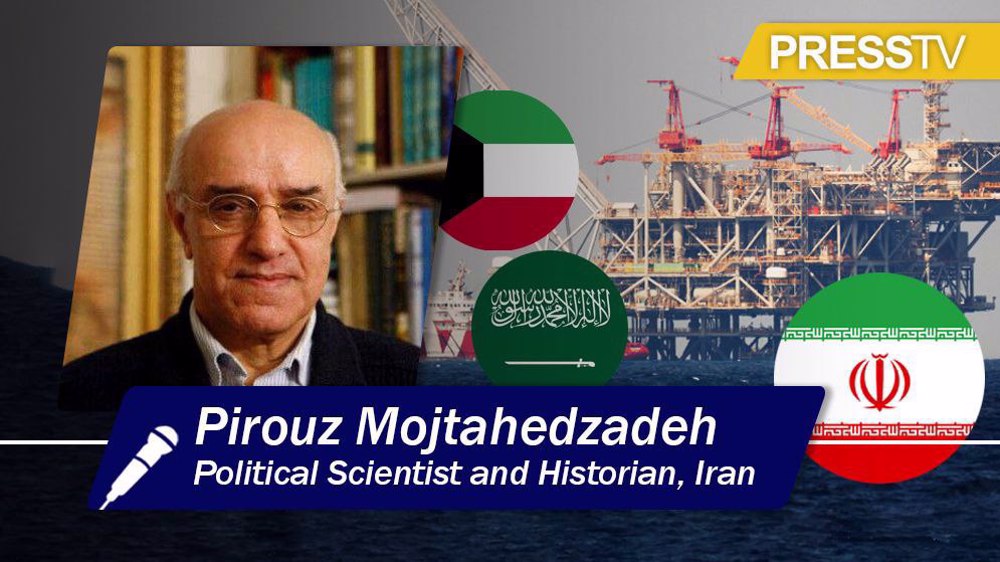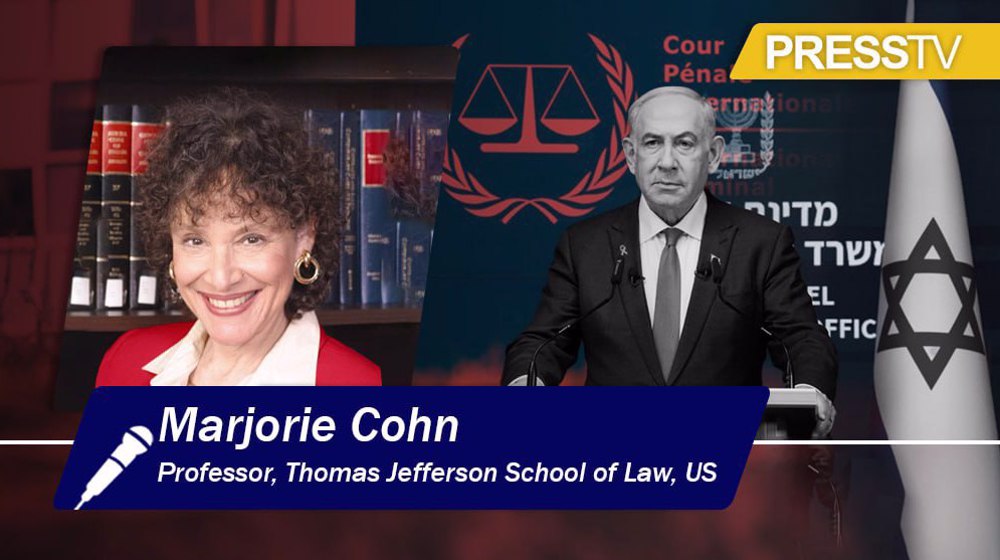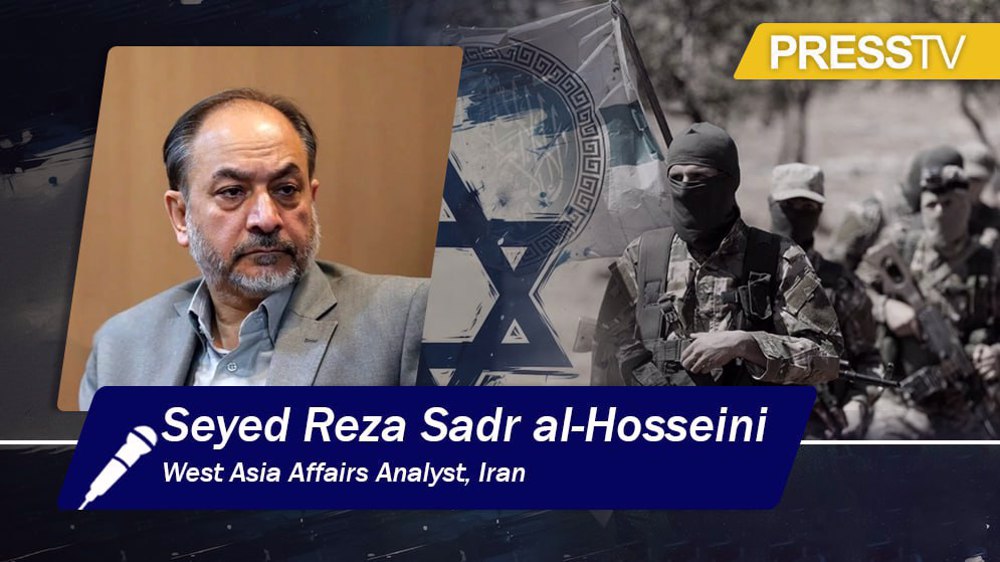Settlement of Arash gas field row hinges on compromise by all parties: Professor
By Alireza Hashemi
The settlement of the long-running dispute over the Arash or Al-Dorra gas field between Iran, Kuwait and Saudi Arabia hinges on all three countries making equal sacrifices to reach a “painful compromise,” according to a university professor and geopolitical affairs analyst.
Pirouz Mojtahedzadeh, a political scientist and historian who has conducted extensive research on Iran’s border disputes and authored a book, made these remarks in an interview with the Press TV website.
The territorial dispute over the strategically important maritime gas field, which dates to the 1960s, has escalated again in recent days with Kuwait and Saudi Arabia repeating their unscientific claims.
On Sunday, Kuwaiti oil minister Saad Al Barrak reiterated the country’s new position over the dispute and called on Iran to validate its claim to the field by demarcating its maritime borders first.
“Until this moment, this is an exclusive right of Kuwait and Saudi Arabia in the Al-Dorra field, and whoever has a claim must start demarcating the borders,” he said in an interview with Al-Ekhbariya.
The fresh claims come in the wake of the diplomacy drive sweeping the region, triggered by the restoration of diplomatic ties between Iran and Saudi Arabia after seven years.
Mojtahedzadeh said it is natural for Kuwait to “voice its opinion” on the ownership of the strategic gas field, adding that it should not be taken at face value.
“When an oil or gas field is disputed among three countries, it’s natural for each of the parties involved to voice their opinion on how the field should be shared,” he said.
Asked about the motive behind Kuwait’s announcement of its fresh position and its timing, Mojtahedzadeh said he believes Kuwait is pushing for the ultimate settlement of the dispute.
“I guess Kuwait is tired of the dispute dragging on for so many years. There’s huge wealth there,” he asserted, adding that the Kuwaitis want demarcation “so the development of the field can be started.”
The political scientist and historian further said that talks over the dispute have been underway for the past six decades but to no avail, describing it as a complex geopolitical problem.
He said several major sticking points remain to be resolved between the stakeholders, chief among them where Iran and Kuwait’s baselines are located.
“Iran says its baseline must be drawn from Khark Island, as it did in the case of the maritime boundary delimitation process with Saudi Arabia. According to international law, if a country’s island is within its territorial waters, that Island will be where the country’s coast begins.”
“On the other side, Kuwait has made a similar claim that its baseline should be located at Failaka Island. But the problem is that Failaka is not in Kuwait’s territorial waters.”
Mojtahedzadeh said the so-called neutral zone between Kuwait and Saudi Arabia, a legacy of Britain’s colonialism in the mineral-rich Persian Gulf region, has further complicated matters.
He noted that the two countries came close to an agreement in the 1960s when Kuwait “agreed that half of the Khark island is situated within Iran’s waters.”
But he hastened to add that the passage of time has made it increasingly difficult to settle differences over the field, and now the only option is for the three countries to forge a “painful compromise”.
“The only option is for the parties to put aside competing claims and make sacrifices. This is not that only one party should give up its rights. Here all parties should give up their rights to an equal extent. But this is fairly difficult to get the three countries to this point.”
Asked if the three countries can take the dispute to the International Court of Justice or other international arbitration bodies, he said this requires all three countries to agree on consensual submission of the dispute to whichever arbitration forum they choose.
“Up till now, we’ve seen no sign the three countries are going to reach any sort of agreement or that they’re even close to that. This proves it is one of the most difficult maritime disputes ever.”
Press TV’s website can also be accessed at the following alternate addresses:







 This makes it easy to access the Press TV website
This makes it easy to access the Press TV website